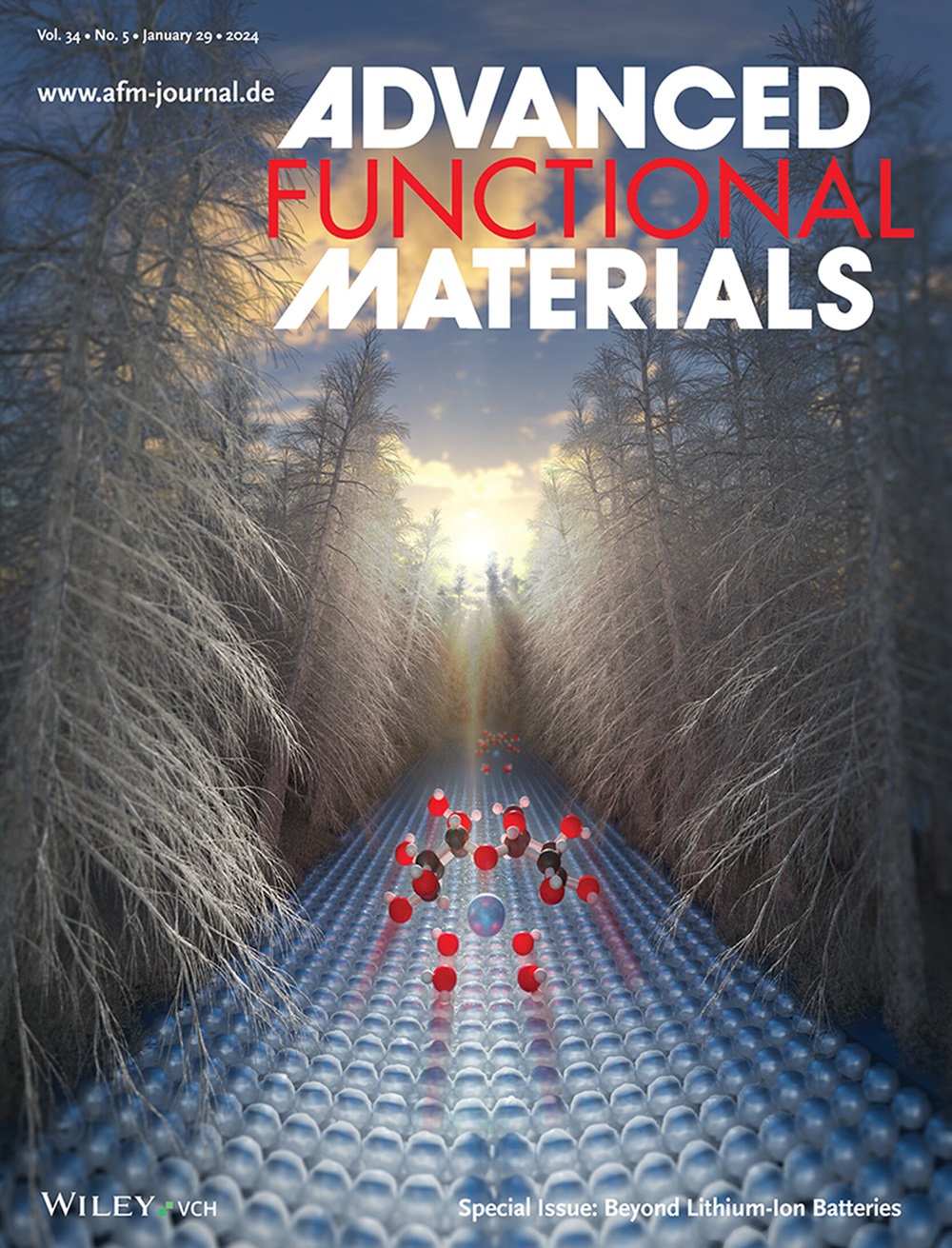An Antifreeze Gel as Strain Sensors and Machine Learning Assisted Intelligent Motion Monitoring of Triboelectric Nanogenerators in Extreme Environments
IF 18.5
1区 材料科学
Q1 CHEMISTRY, MULTIDISCIPLINARY
引用次数: 0
Abstract
Traditional hydrogels tend to freeze and lose performance at low temperatures, limiting their applications. Additionally, hydrogels need to exhibit low hysteresis, excellent cycling stability, and self-adhesion to ensure high-quality signal acquisition in complex environments. To address this challenge, this study designed a dual-network gel in a glycerol (Gly)/H2O solvent system. Due to the combination of chemical and physical crosslinking (hydrogen bonding and electrostatic interactions), the resulting gel exhibits skin-adaptive modulus, high cycling stability, anti-freezing ability, body temperature-induced adhesion, and excellent electrical performance, making it suitable for wearable sensors at low temperatures. Based on this gel, a single-electrode triboelectric nanogenerator (gel-TENG) is developed, achieving efficient conversion of mechanical energy into electrical energy. Further applied to a smart insole, it successfully enabled real-time visualization of plantar pressure distribution and skiing motion recognition. Using a random forest machine learning algorithm, the system accurately classified 11 basic skiing motions, achieving a classification accuracy of 97.1%. This study advances flexible sensors and self-powered systems, supporting intelligent materials research in extreme environments.

求助全文
约1分钟内获得全文
求助全文
来源期刊

Advanced Functional Materials
工程技术-材料科学:综合
CiteScore
29.50
自引率
4.20%
发文量
2086
审稿时长
2.1 months
期刊介绍:
Firmly established as a top-tier materials science journal, Advanced Functional Materials reports breakthrough research in all aspects of materials science, including nanotechnology, chemistry, physics, and biology every week.
Advanced Functional Materials is known for its rapid and fair peer review, quality content, and high impact, making it the first choice of the international materials science community.
 求助内容:
求助内容: 应助结果提醒方式:
应助结果提醒方式:


